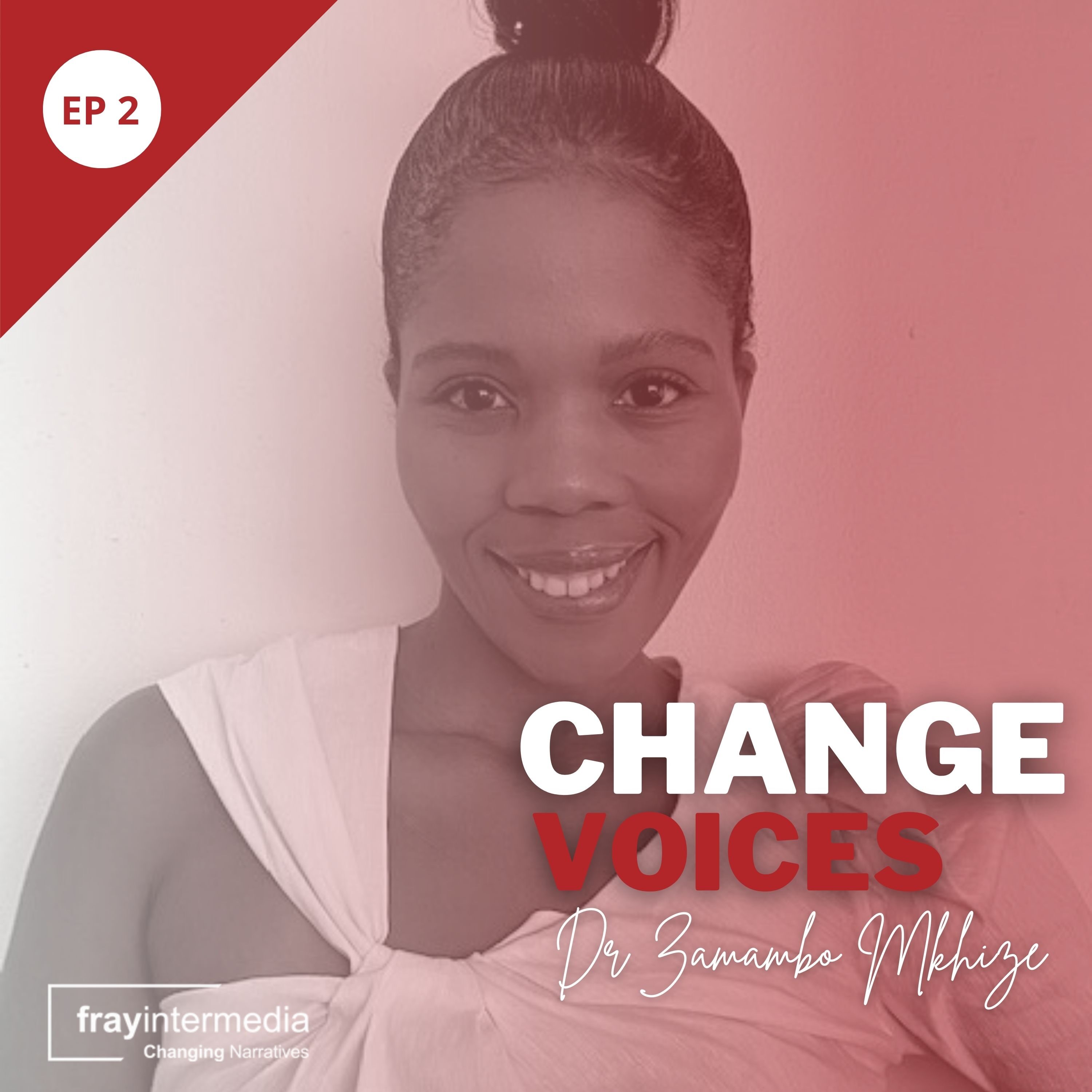
In the second episode of our Change Voices season 2 series, we explore the challenges and solutions involved in advancing African women in Science, Technology Engineering and mathematics (STEM) with leading gender researcher Dr Zamambo Mkhize.
After completing her undergraduate studies in criminology, Mkhize sought out a more meaningful career, shying away from law and focusing on gender studies.
Dr Mkhize found her voice in gender studies research.
“When I finished my research, I realised that this work and this dissertation is my voice,” she said.
Mkhize, an author and gender studies lecturer at the University of Cape Town recently recently returned from an academic sabbatical where she undertook research on African women in high-stakes degrees such as science, technology, engineering and mathematics (STEM).
Her shift was motivated by a curiosity about her sister’s work environment and career path as a PhD candidate in Microbiology.
“I researched why African female doctoral students in STEM disciplines are not entering into academic fields and transforming higher education when their very presence is transformative,”
Investigating African women’s advancement in STEM, Dr Mkhize found that instead of transformation, it was a reform that was taking place – masking a largely male-dominated environment.
“These institutions claim to have black people and even black women, when actually that’s not what is happening. What’s actually happening is reform and not transformation. The demographic changes but the environment still stays the same,” she said.
Speaking about the STEM knowledge economy and the value women offer the science sector, Mkhize argues that the advancement of African women in STEM fields is crucial.
“There’s a lack of role models in these fields because it’s still largely white-male-dominated. Women enter these fields with very noble reasons, including finding African solutions to African problems,” said Dr Mkhize.
With the hope to influence government policy, universities and STEM leadership, she says more research needs to be done on the environment, particularly research that highlights how untransformed STEM spaces remain and exposes the academic environments for what they really are.
“In STEM, spaces are painted as colour blind and neutral with success achieved from your own intellectual ability without looking at intersectional identities. There are a lot of invincible layers and optics that African students in general face, especially African women,” she said.

